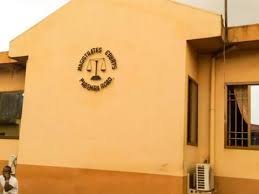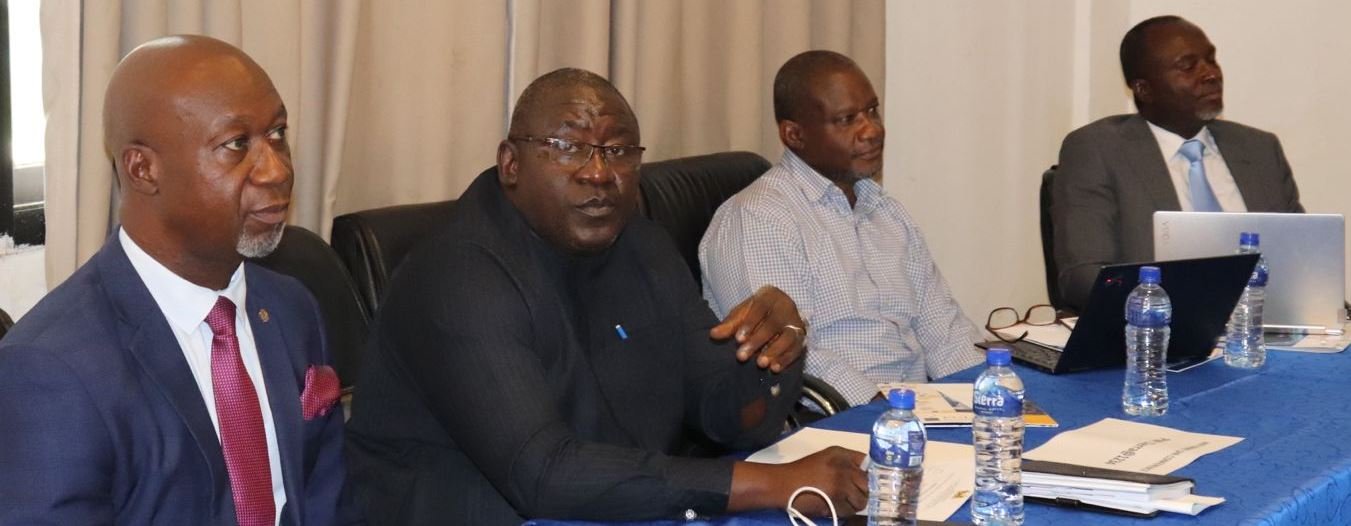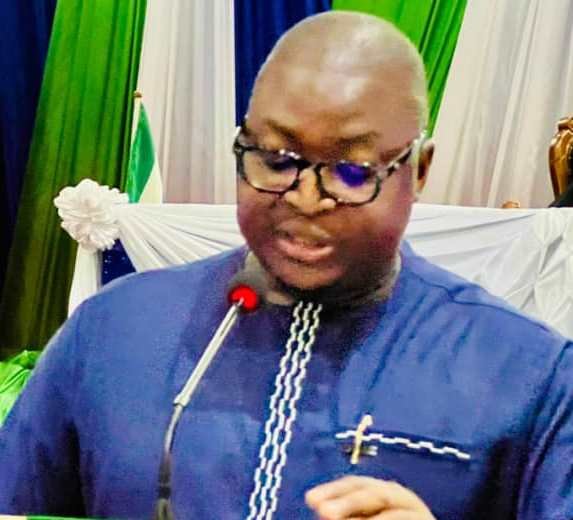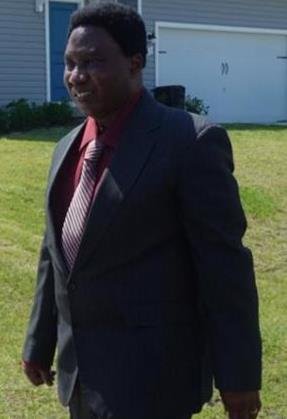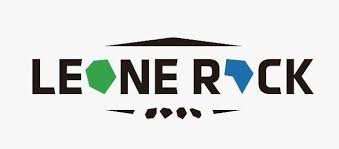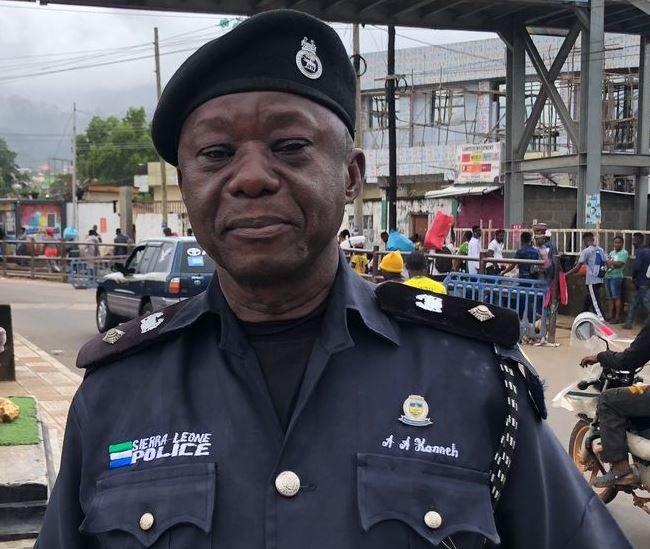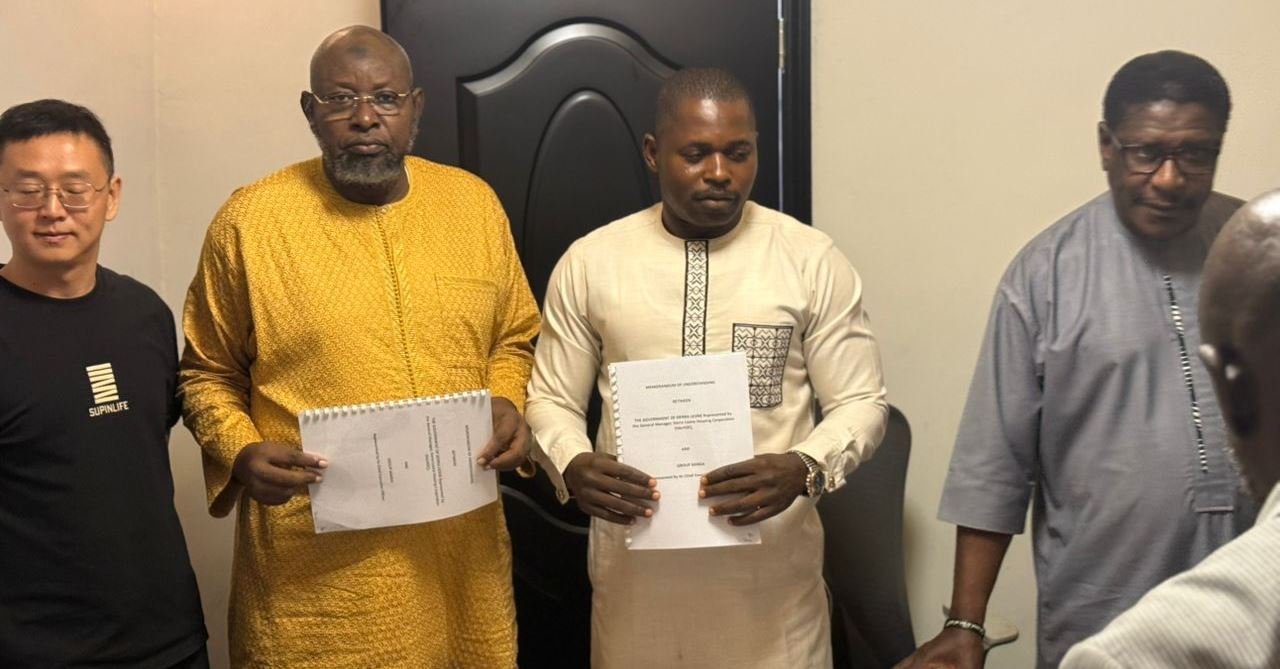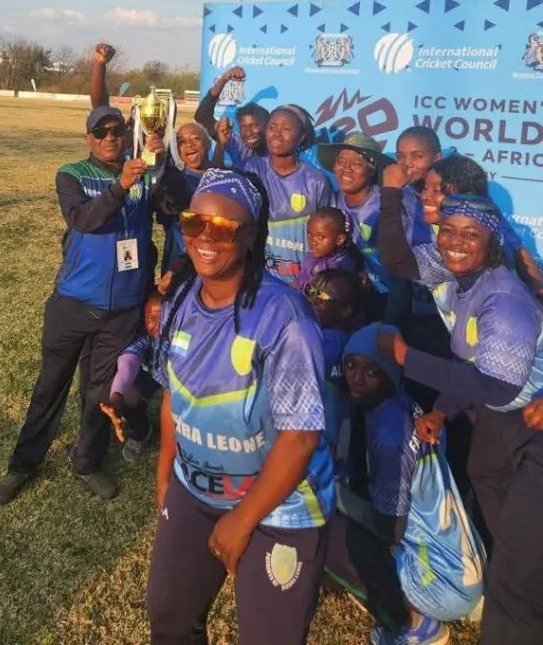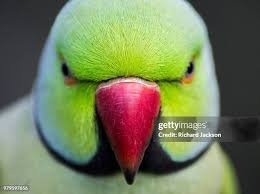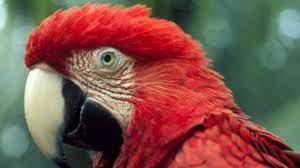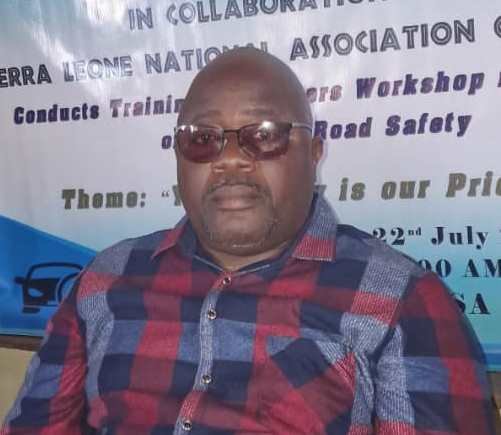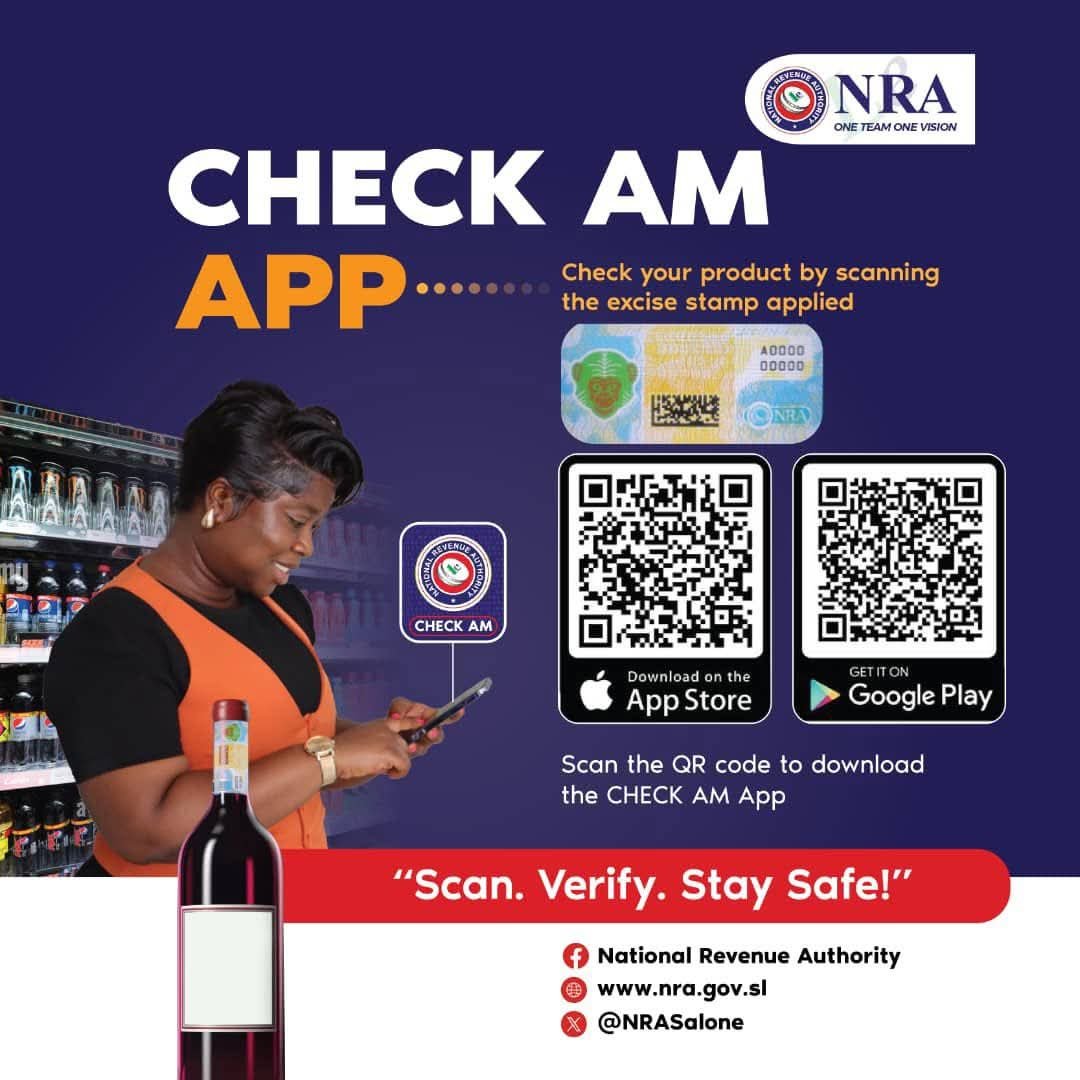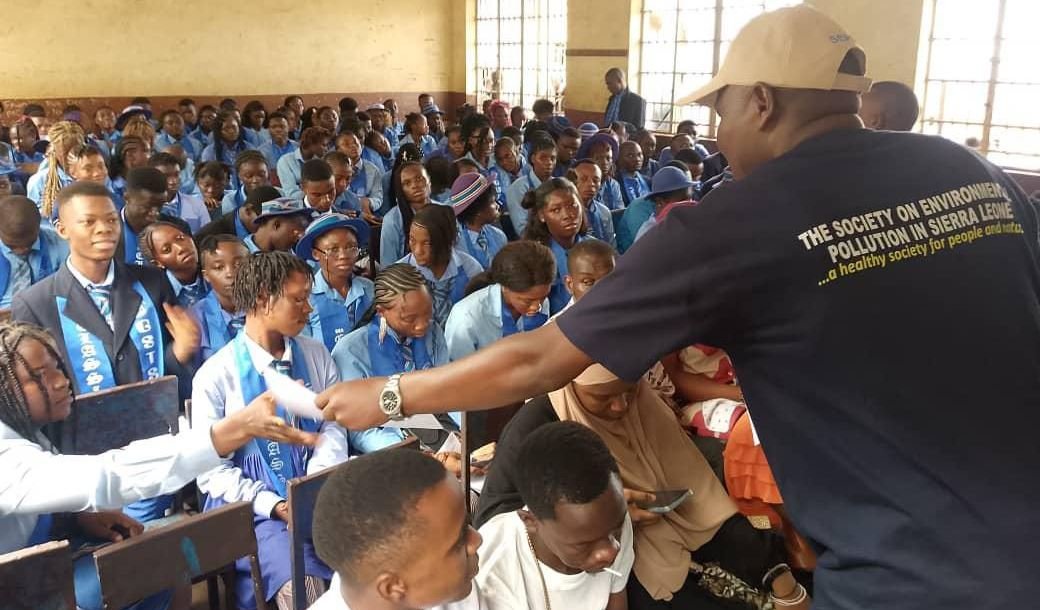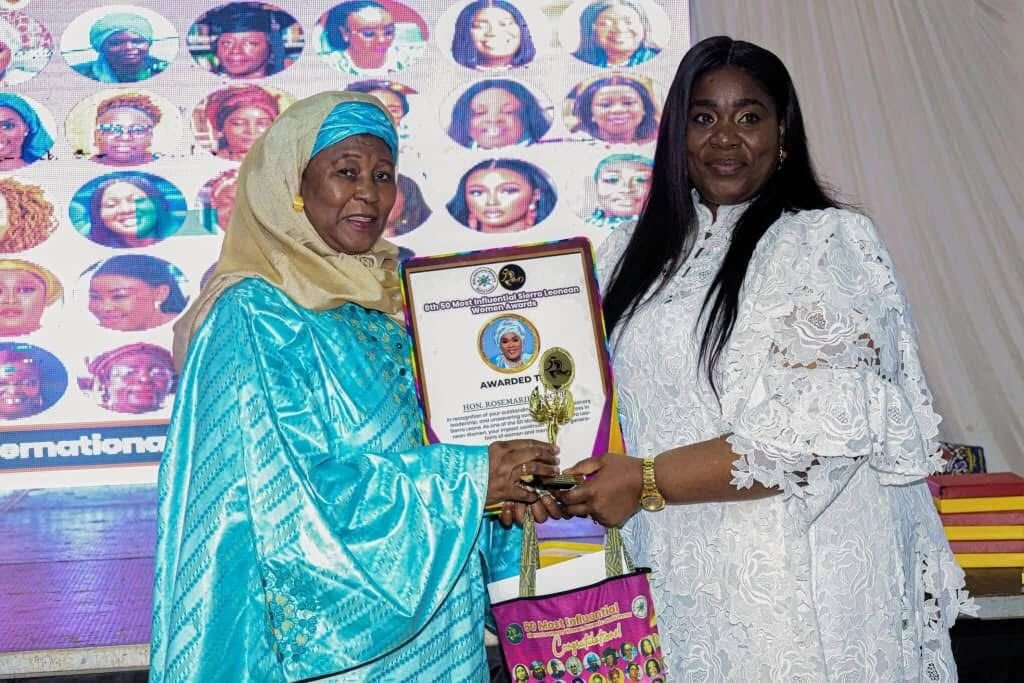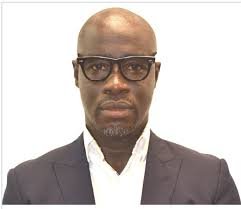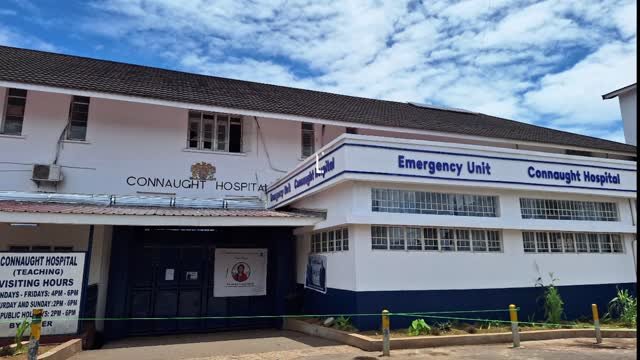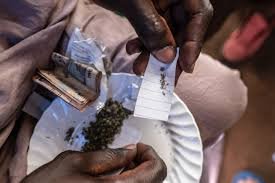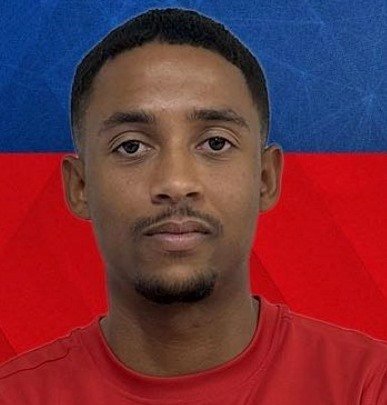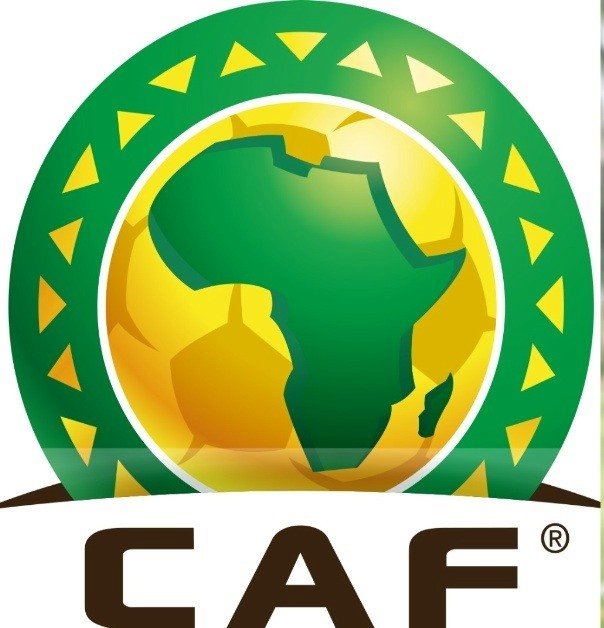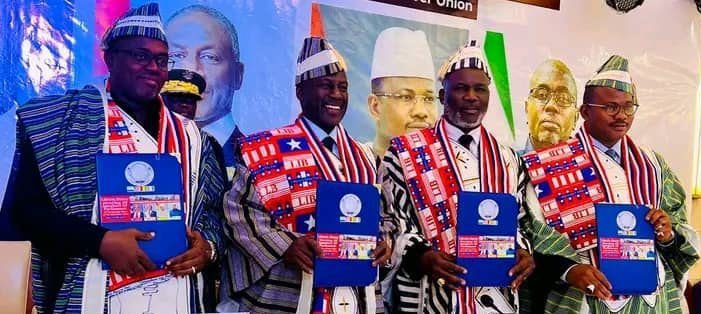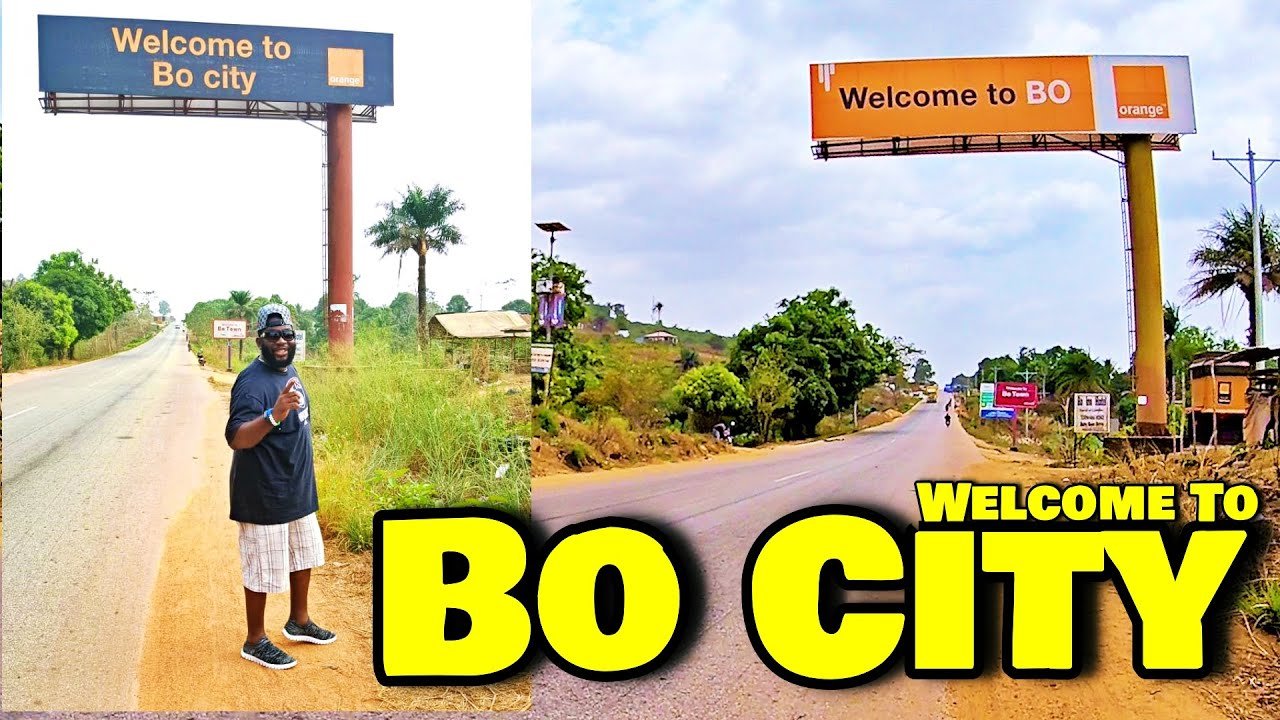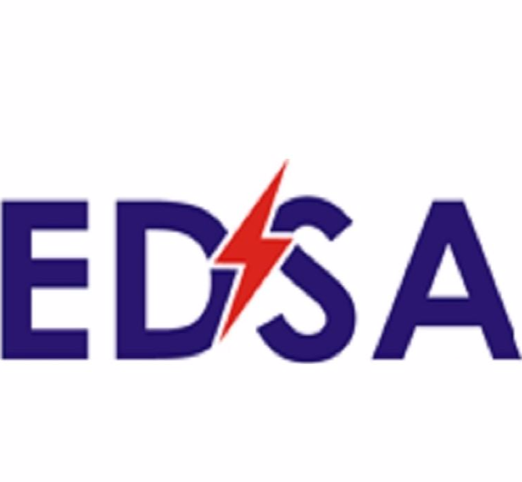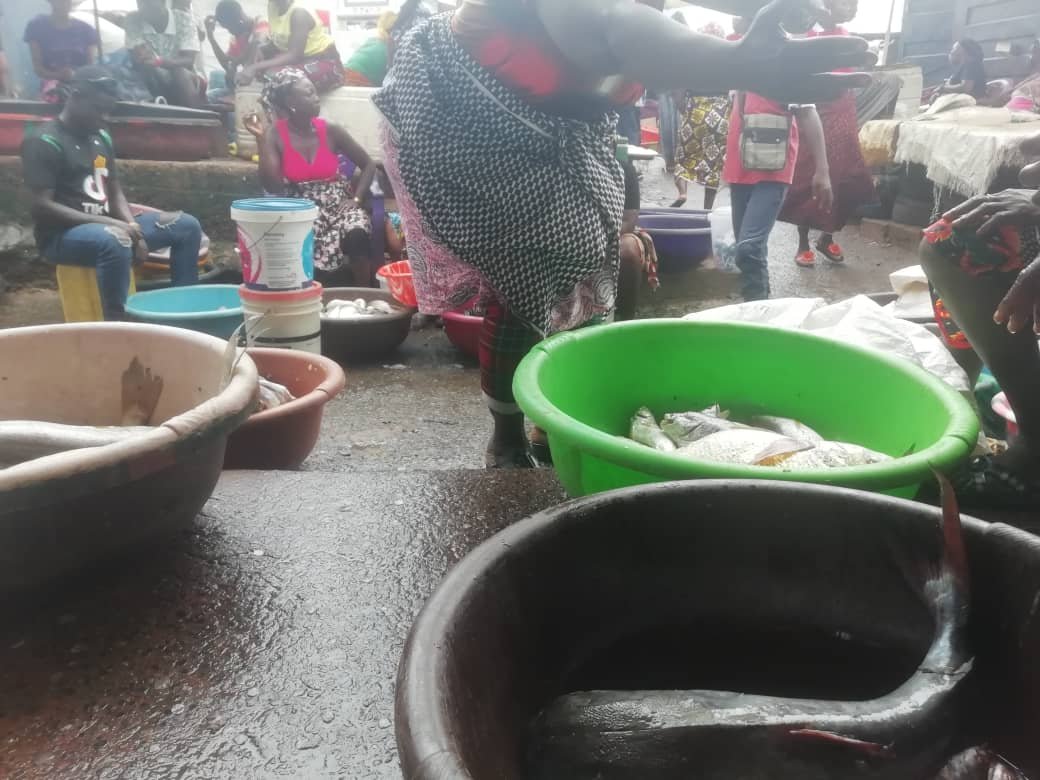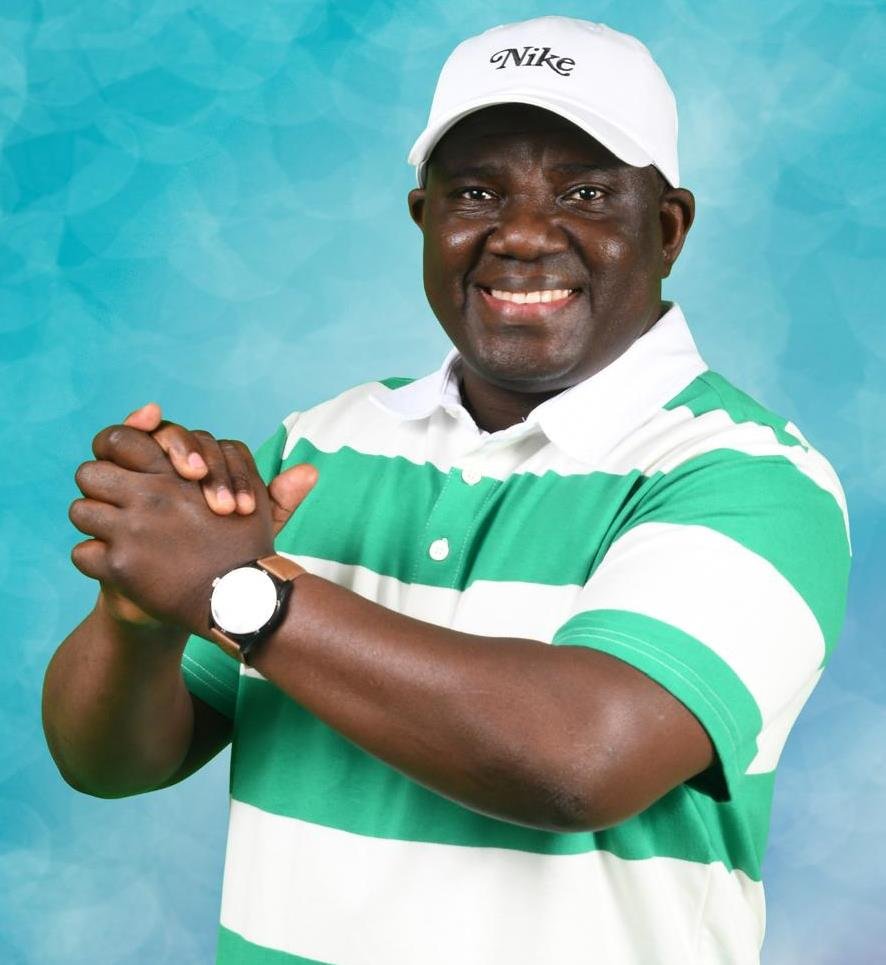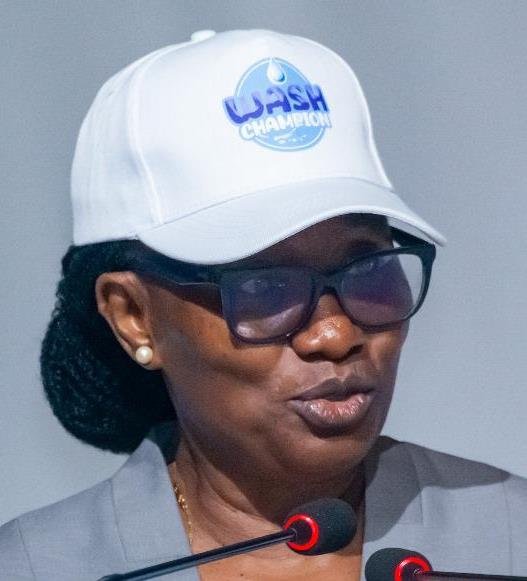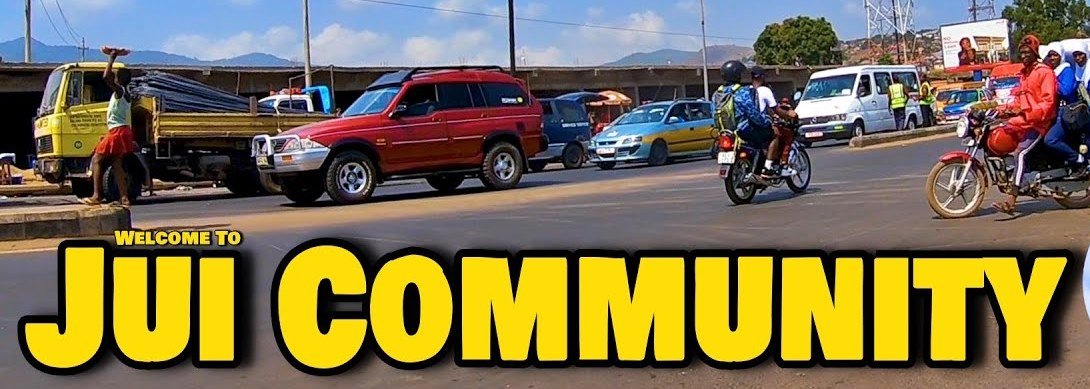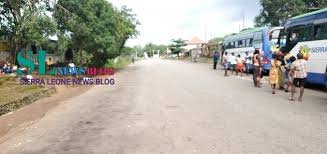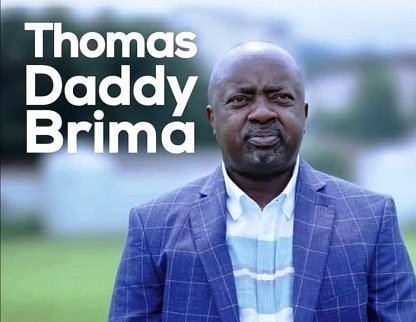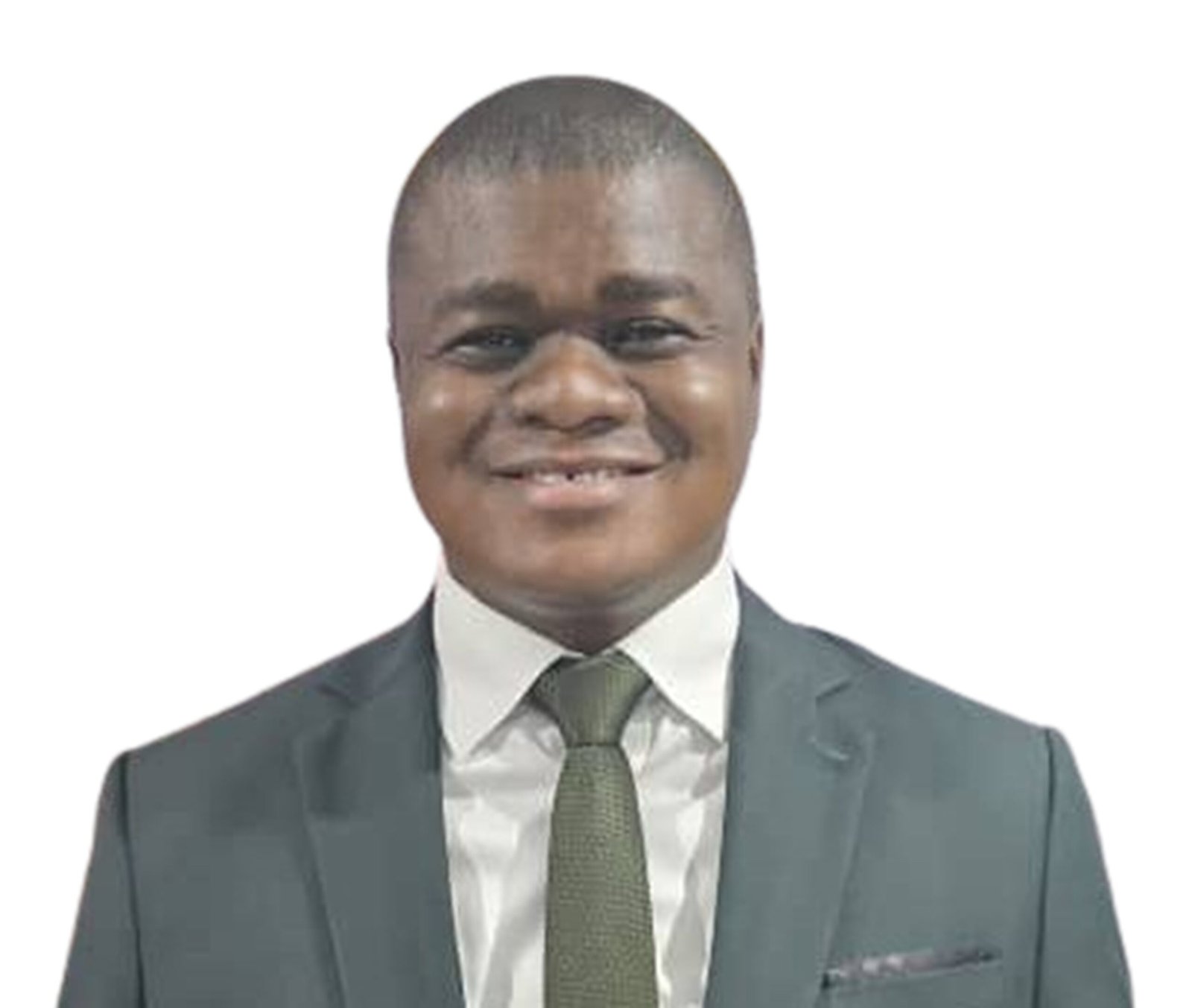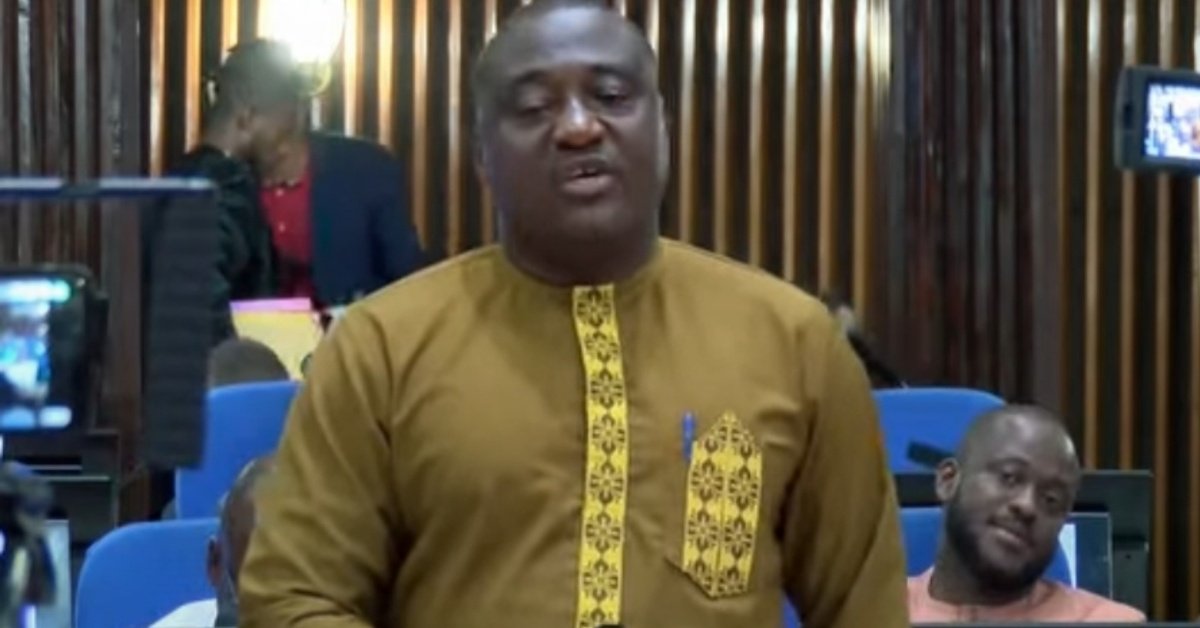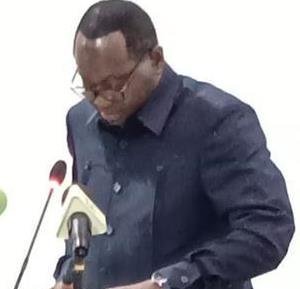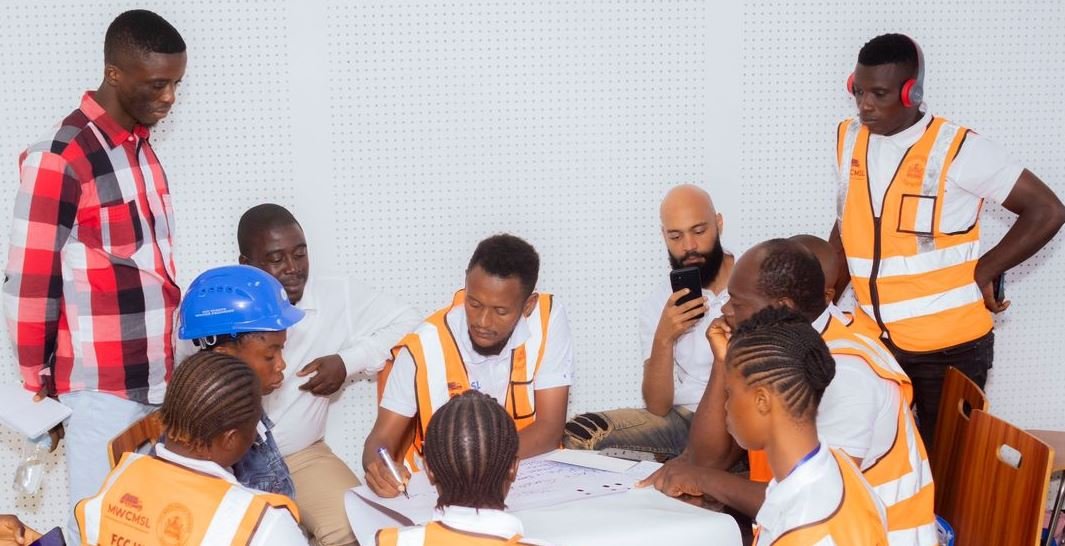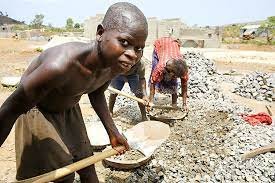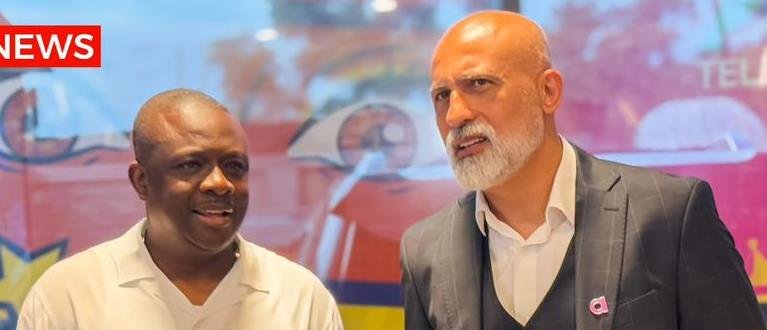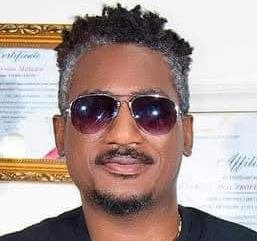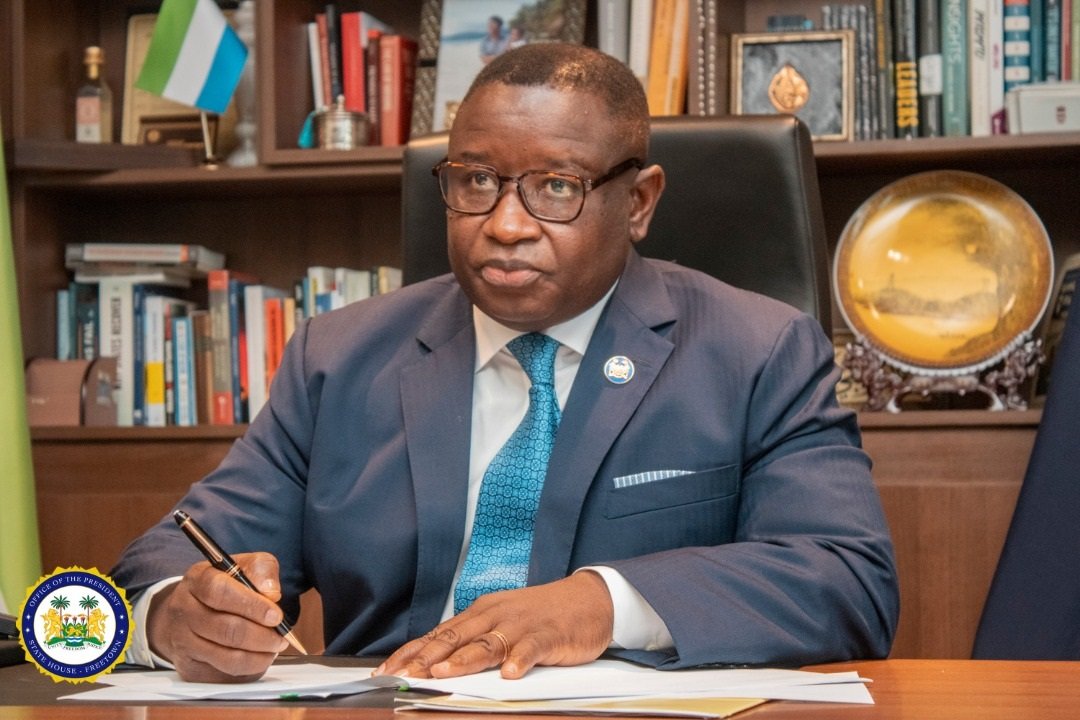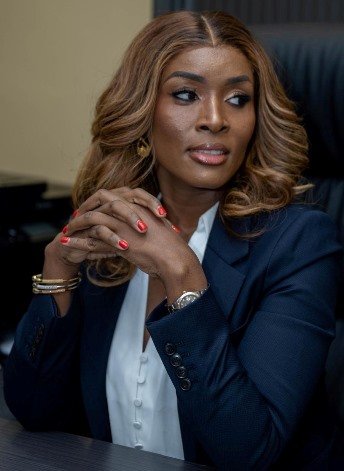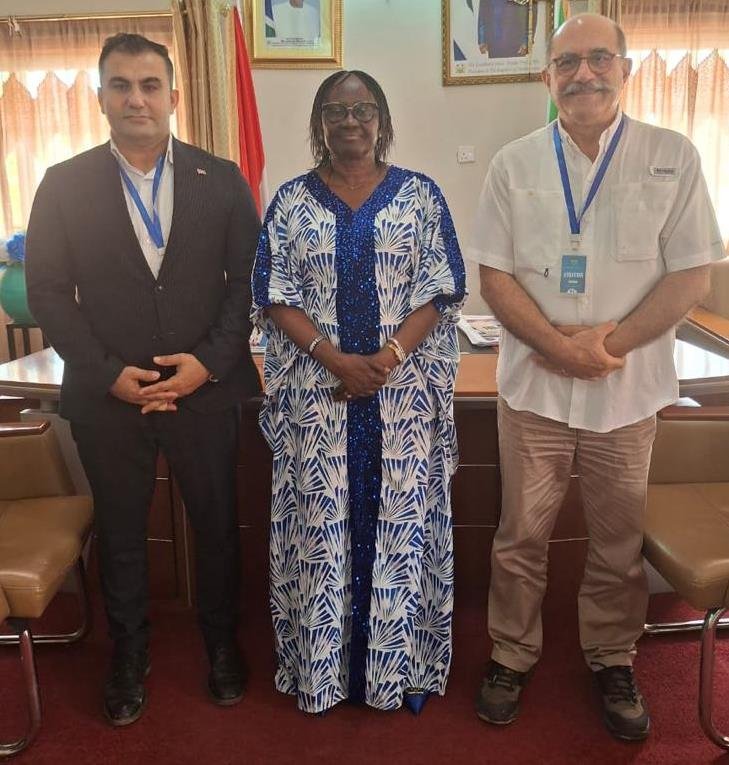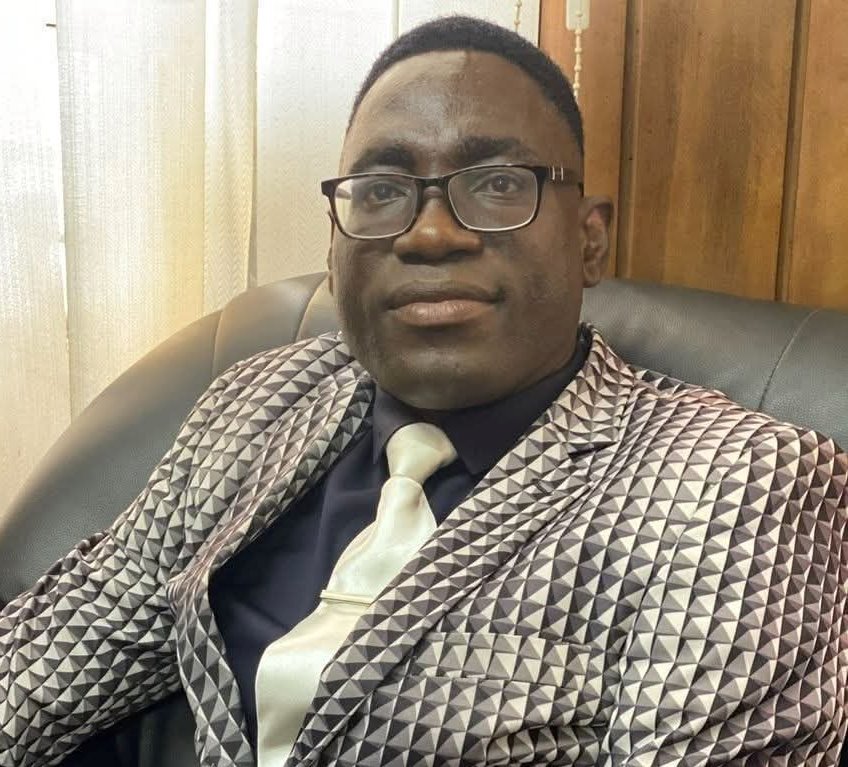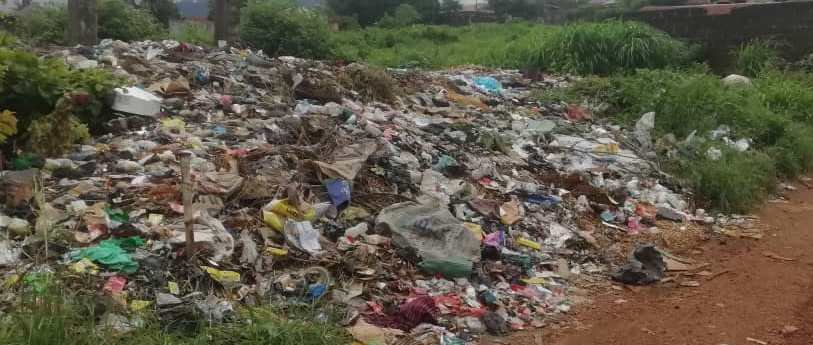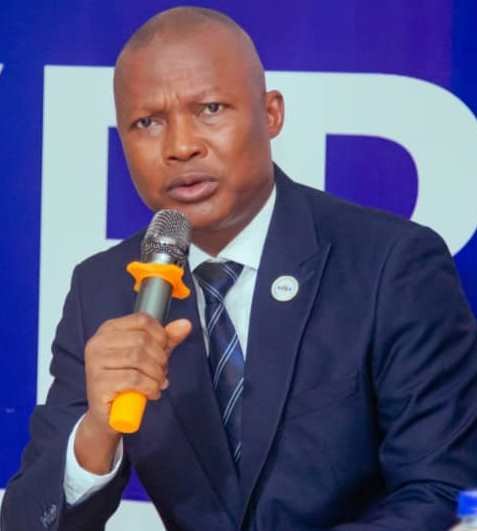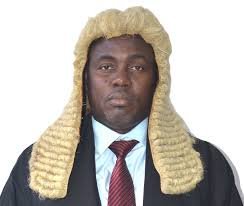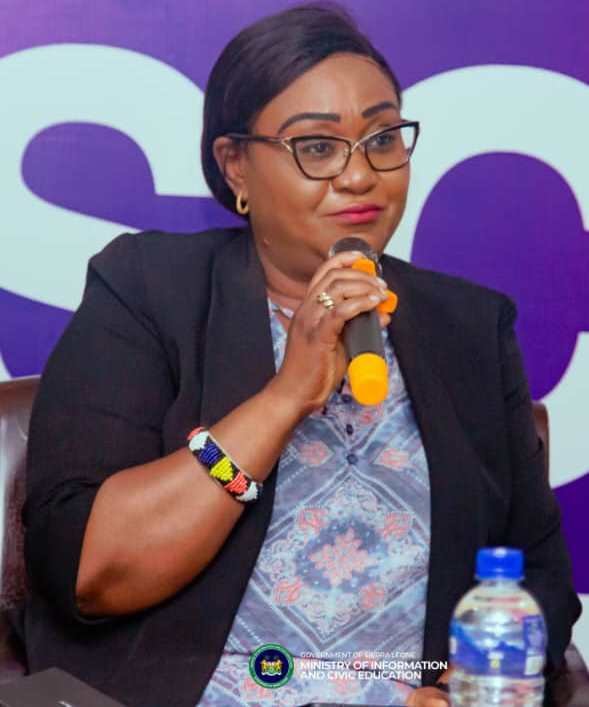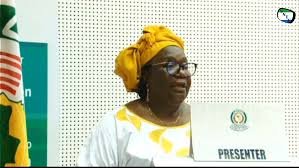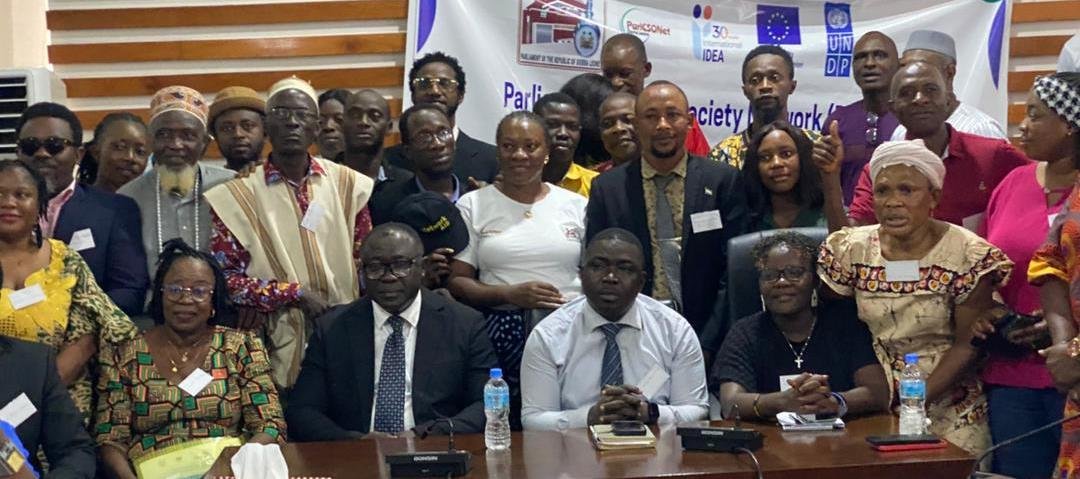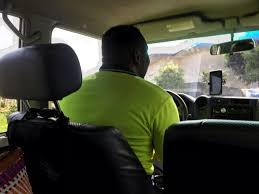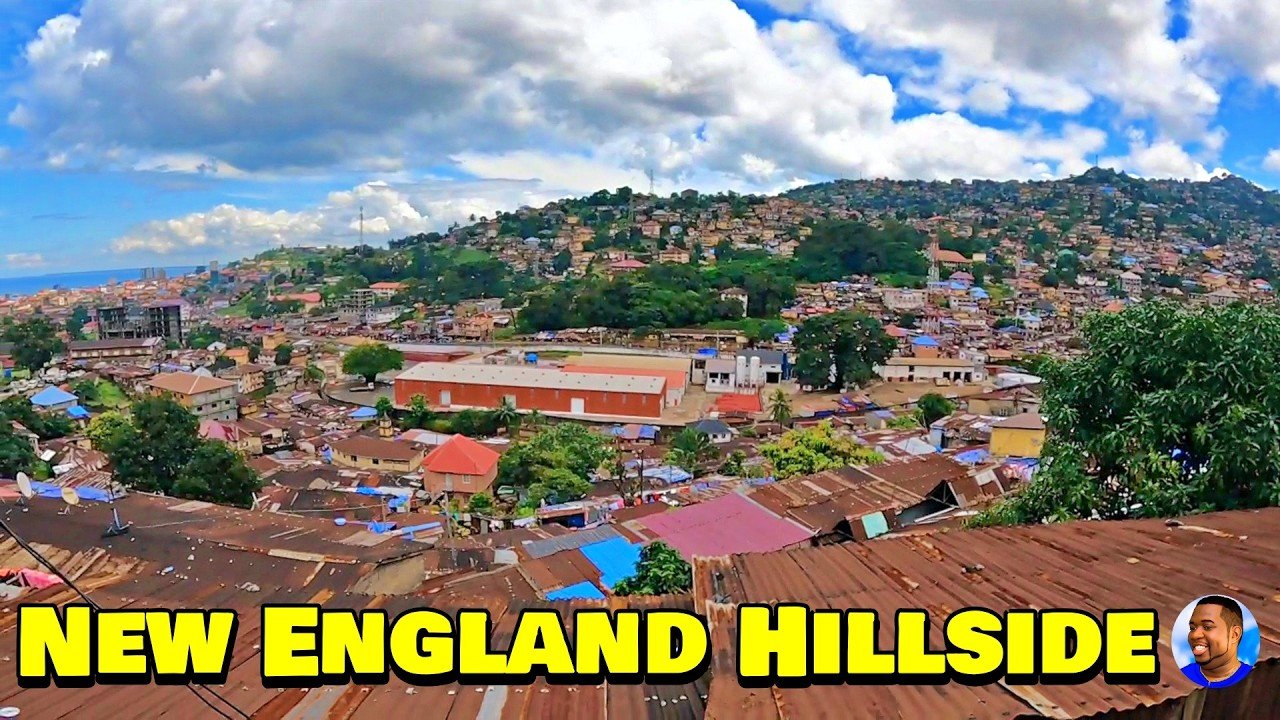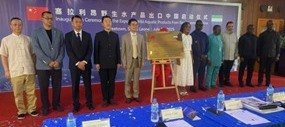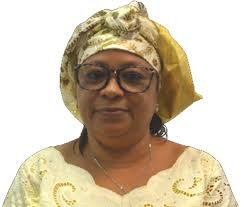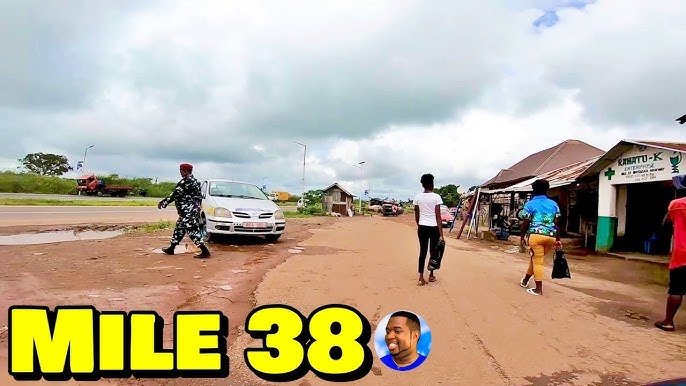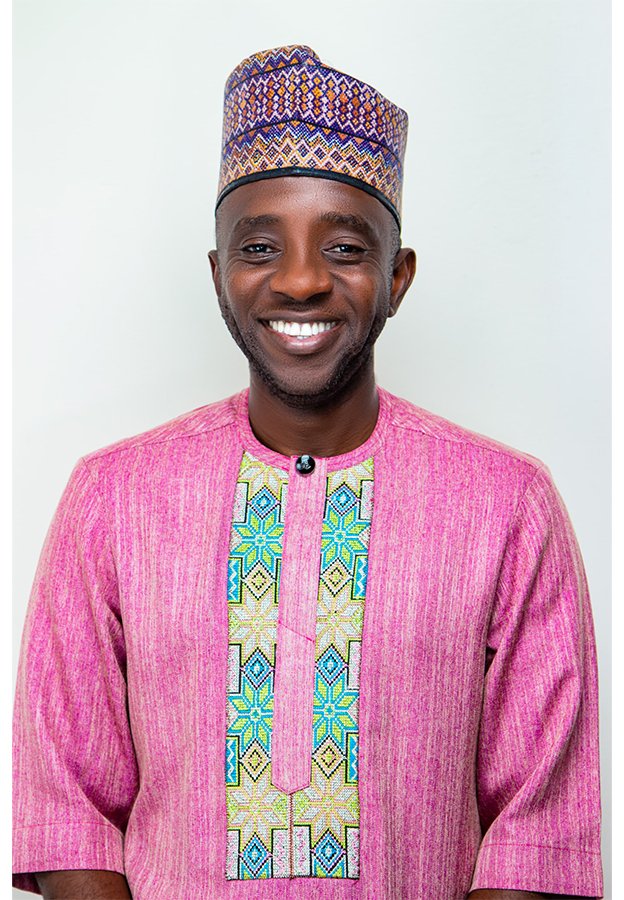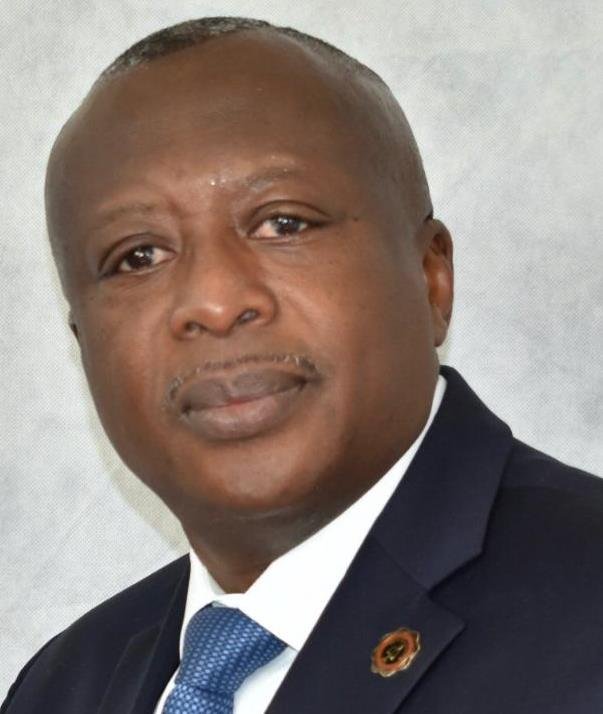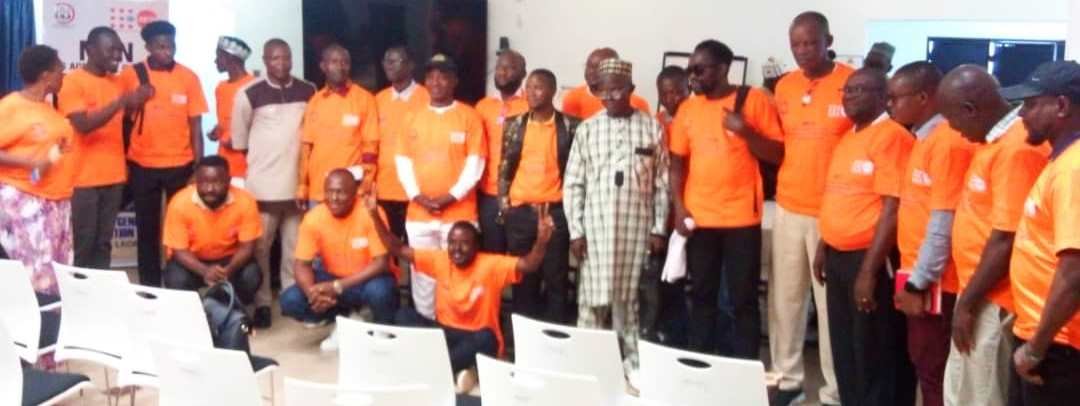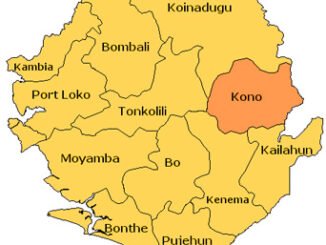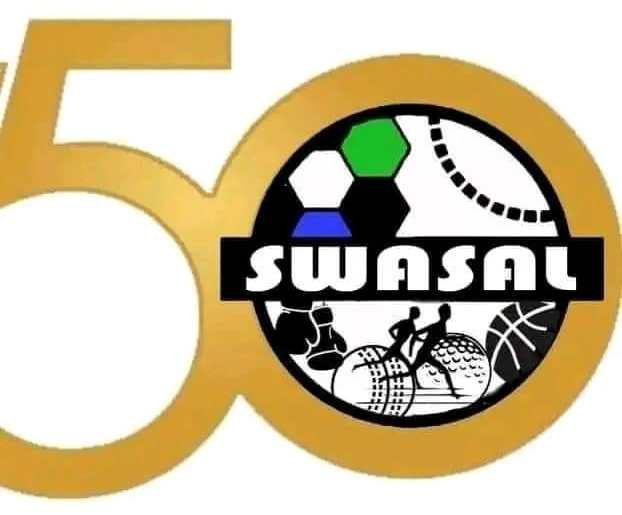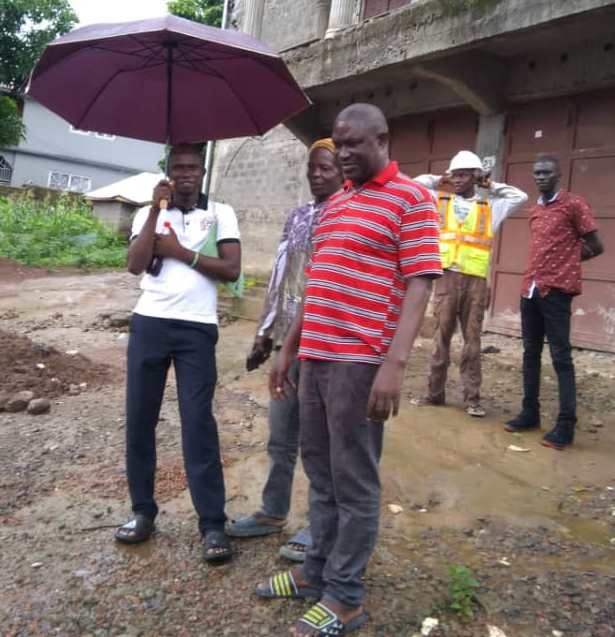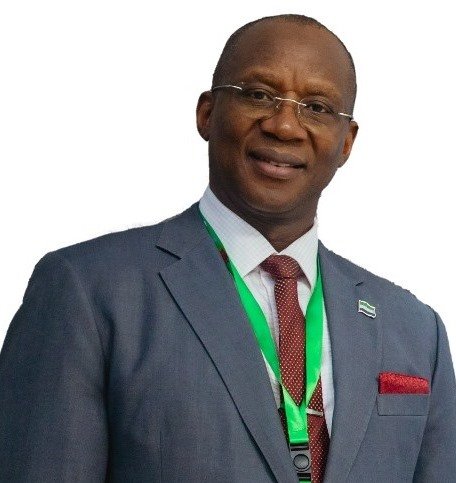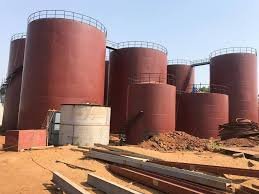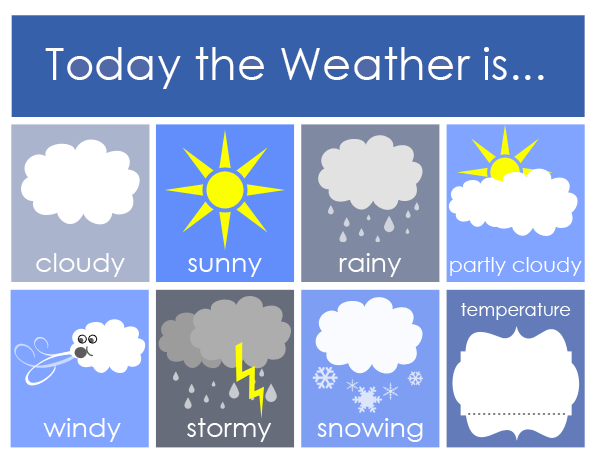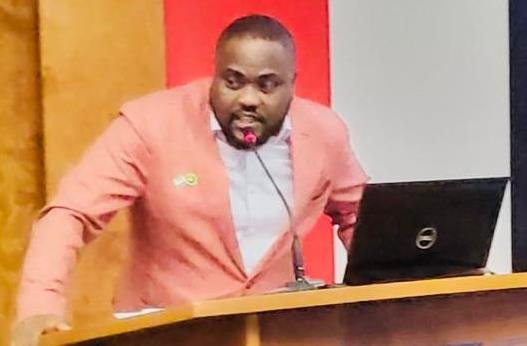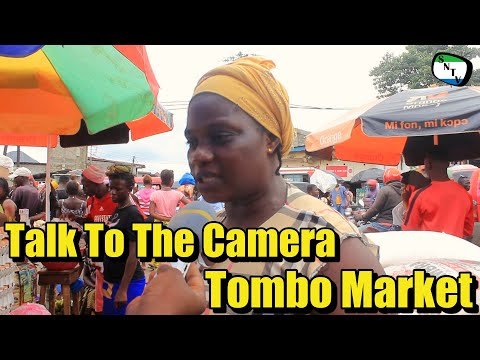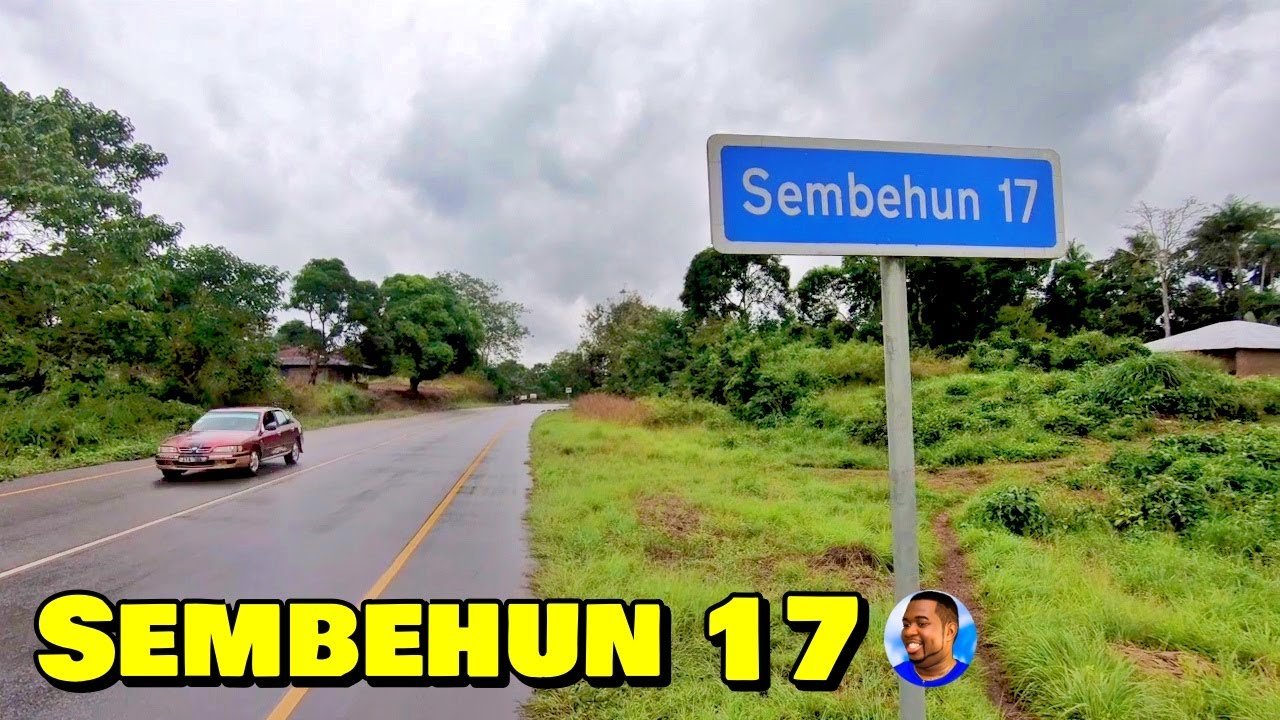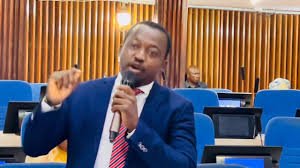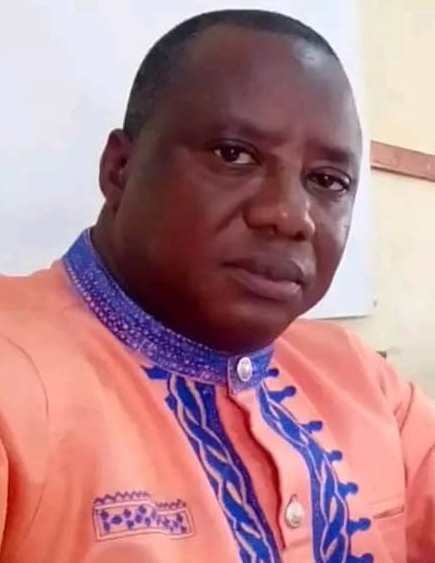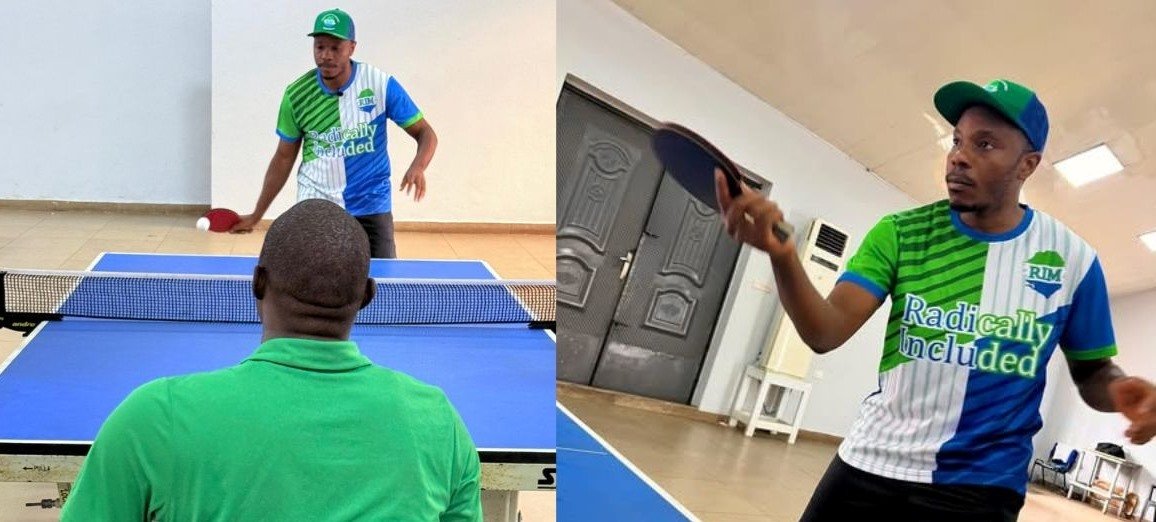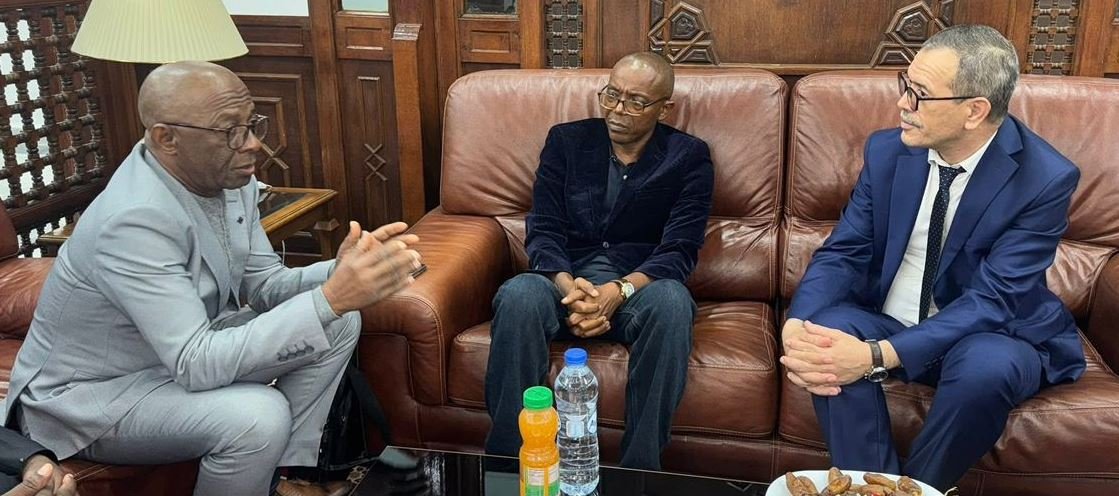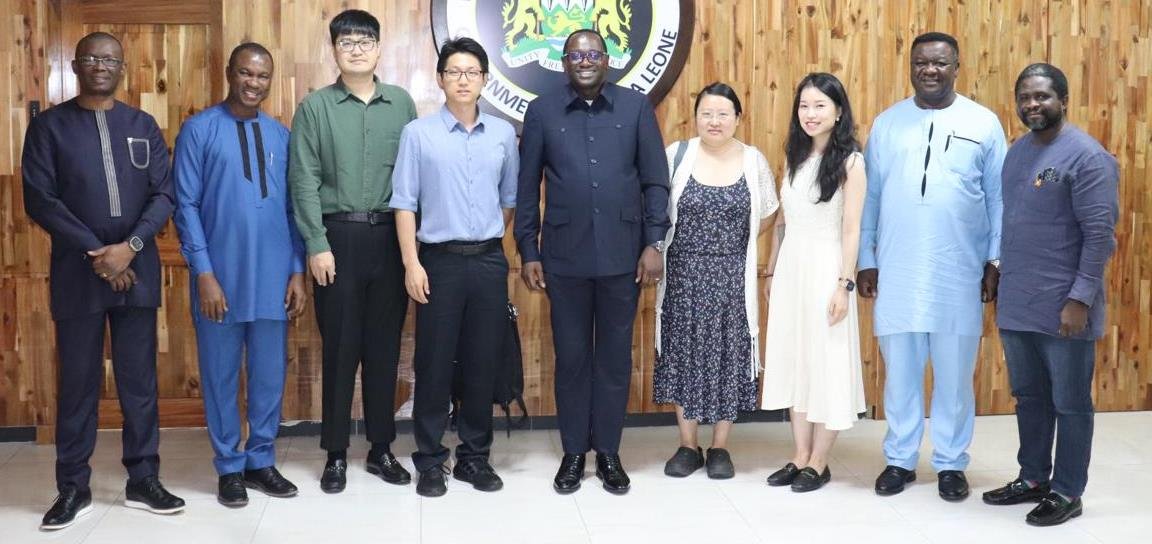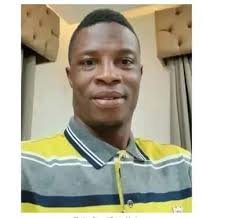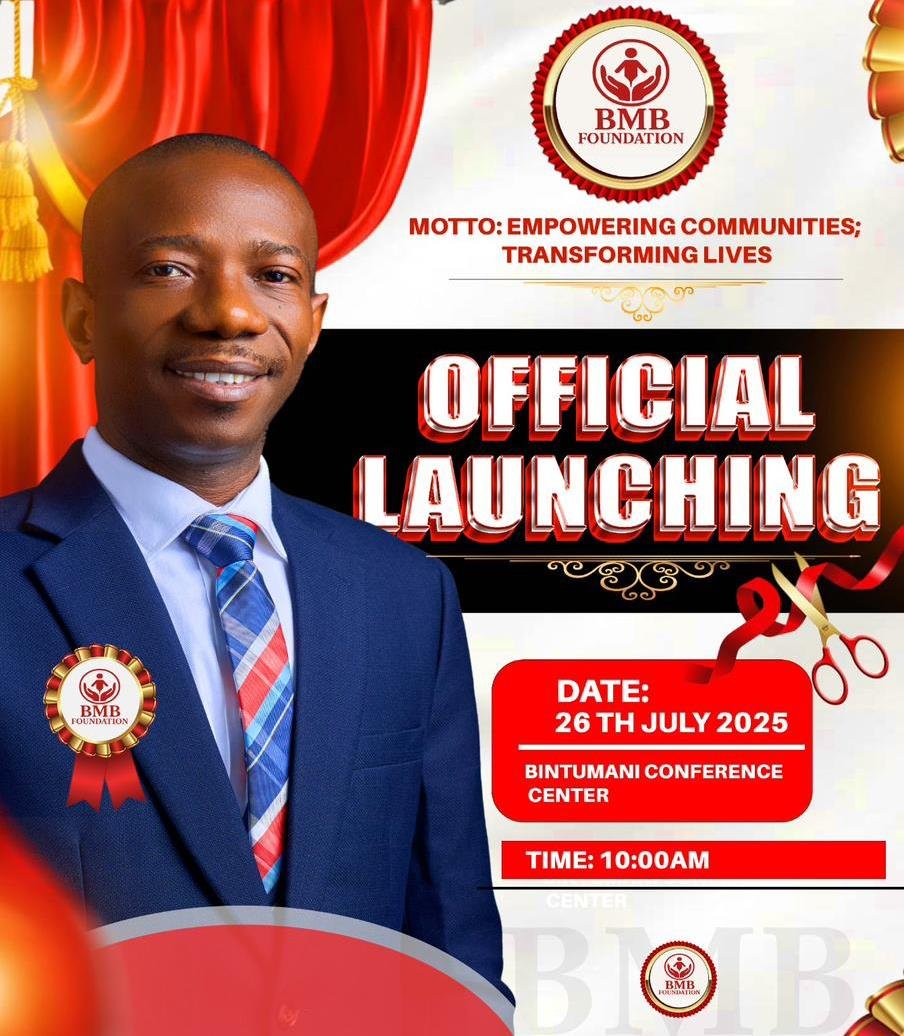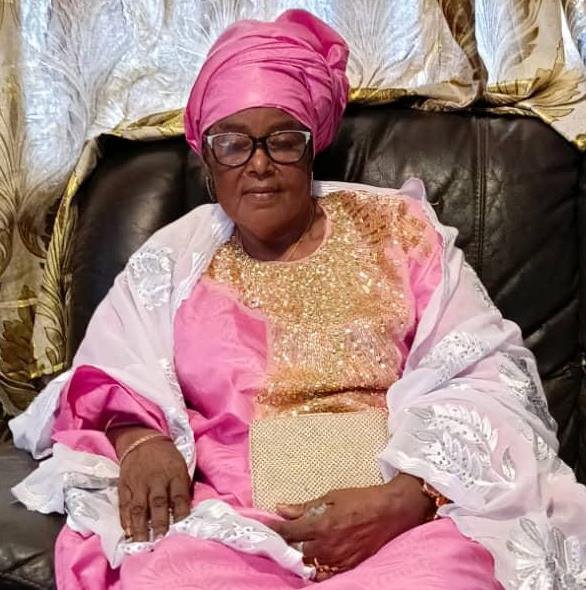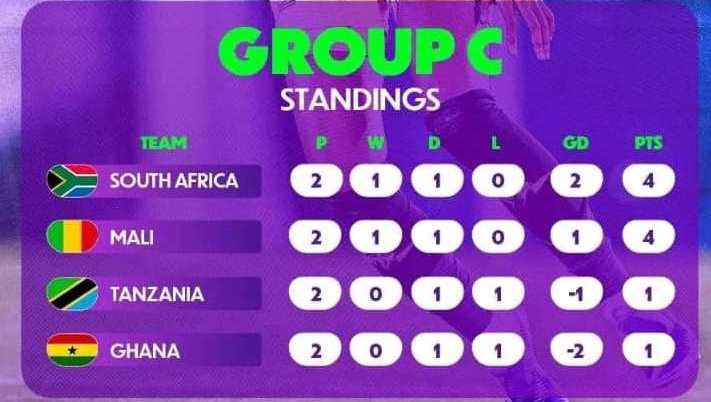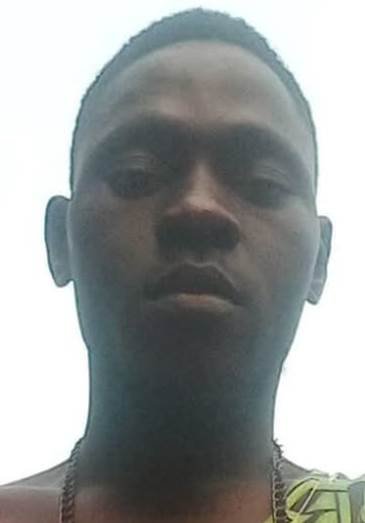By: Yusuff Moseray Suma- Freetown Sierra Leone, West Africa
Two weeks long training workshop has ended in Lagos, Nigeria a training organised by Thomson Reuters Foundation in the UK. The training focusing on ethical reporting on HIV/AIDS, Malaria, and Tuberculosis, and the fight against stereotypes, discrimination, misinformation and disinformation on the key populations, that is people who are at high risk of contacting tuberculosis, Malaria and HIV AIDS in various communities in West Africa.
Speaking at the opening session of the training, Cosmos Tabuche a staff at TRF said the two weeks long training sessions is dedicated to equipping journalists and civil society organizations (CSOs) with the skills to report and advocate ethically on HIV/AIDS, Malaria, and Tuberculosis, and to combat discrimination. “For far too long we have seen and experienced lots of human rights violations on the key populations when it comes to access to health facilities, so TRF thought it necessary to breakdown those barriers” He said.
The training brought together a diverse group of media professionals and CSO representatives from Sierra Leone, Liberia, Nigeria and Ghana.
The primary objective of the training was to enhance participants’ ability to report accurately, sensitively, and responsibly on these critical health issues. The TRF, known for its commitment to promoting ethical journalism and empowering media professionals, designed the workshop to provide practical, hands-on training.
During the training sessions, various topics were covered, including the key guiding principles, journalistic approaches, story pitching, digital media reporting on human rights issues, advocacy and ethical considerations in reporting on these diseases, and strategies for combating stigma and discrimination.
Participants also received training on how to effectively communicate complex health information to the public while respecting the dignity and privacy of individuals affected by these diseases.
The training workshop’s curriculum included a mix of theoretical sessions and practical exercises. Experienced journalists, Racheal Abujah of News Agency Nigeria and BBC’s Sammy Awami facilitated the training, sharing their expertise and providing guidance to the participants. Interactive sessions, group discussions, and case studies allowed participants to apply their newly acquired skills and learn from each other’s experiences.
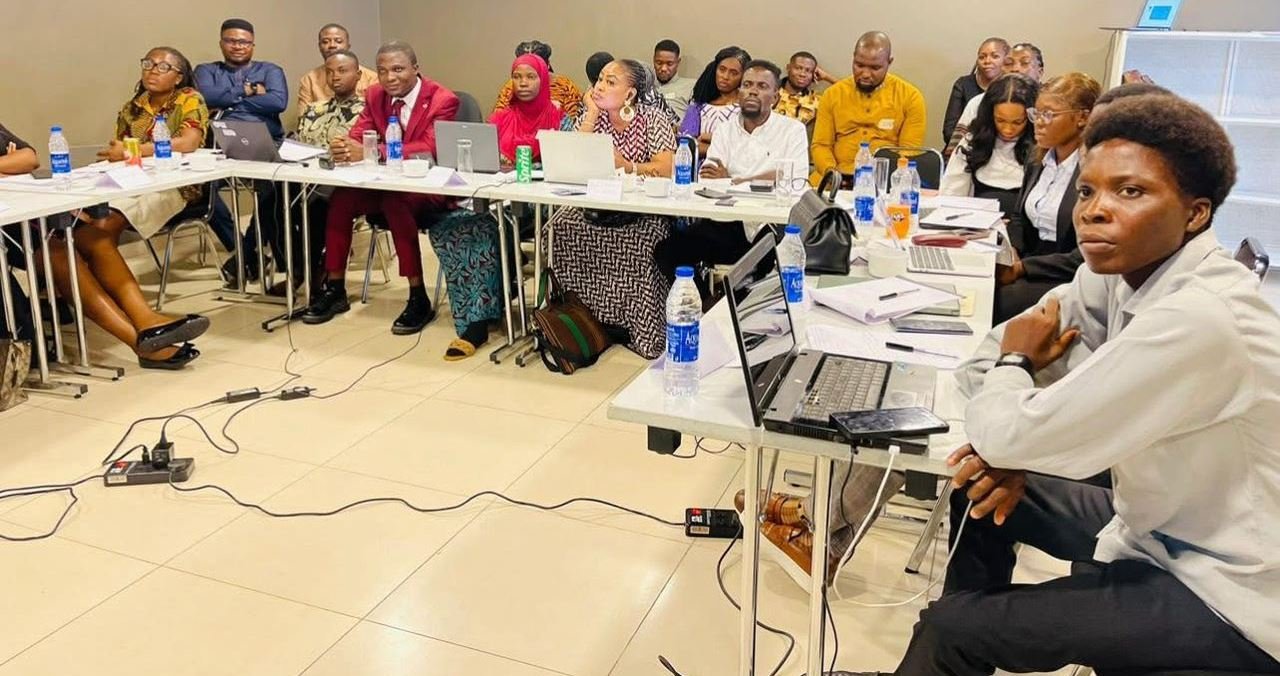 Participants learned about the different forms of discrimination faced by people living with HIV/AIDS, Malaria, and Tuberculosis, and how to challenge harmful stereotypes and prejudices through their reporting. The training emphasized the importance of using respectful language, avoiding sensationalism, and promoting accurate and balanced portrayals of individuals and communities affected by these diseases.
Participants learned about the different forms of discrimination faced by people living with HIV/AIDS, Malaria, and Tuberculosis, and how to challenge harmful stereotypes and prejudices through their reporting. The training emphasized the importance of using respectful language, avoiding sensationalism, and promoting accurate and balanced portrayals of individuals and communities affected by these diseases.
The Impact of the training is expected to be far-reaching. By empowering journalists and CSOs with the necessary skills and knowledge, the TRF aims to contribute to a more informed and compassionate society. Journalists and Civil society organizations representatives are now better equipped to report and advocate accurately and sensitively on HIV/AIDS, Malaria, and Tuberculosis, hold those in power accountable, and advocate for policies that protect the rights and dignity of affected individuals and communities.
The training workshop also fostered collaboration and networking among the participants, creating a strong network of media professionals and CSO representatives committed to promoting public health and combating discrimination in West Africa region.
Providing high-quality training and resources, the foundation is helping to strengthen the media landscape and promote a more just and equitable society. Thomson Reuters Foundation’s commitment to supporting journalists and CSOs in Africa is evident in the success of this workshop.
The participants expressed their gratitude for the opportunity and pledged to use their new skills to make a positive impact in their respective fields. The TRF plans to continue its efforts to support media development and promote ethical reporting on health issues in Africa and other parts of the world.
As discrimination, misinformation and disinformation stands as a barrier in societies we live, the hopes and aspirations for better living of the key populations remains a big challenge in West Africa.








